Current Lab Members

Michael Macy
Goldwin Smith Professor of Arts and Sciences
Department of Sociology; Department of Information Science
Michael Macy received his B.A. and Ph.D from Harvard University and is currently Goldwin Smith Professor of Arts and Sciences, with a joint appointment in Sociology and Information Science. With support from the National Science Foundation, the Department of Defense, and Google, his research team has used computational models, online laboratory experiments, and digital traces of device-mediated interaction to explore familiar but enigmatic social patterns, including diurnal and seasonal mood changes, the emergence and collapse of fads, peer enforcement of unpopular norms, cooperation in social dilemmas, the critical mass in collective action, the spread of high-threshold contagions on small-world networks, racial bias in the sharing economy, the unpredictability of opinion cascades, and asymmetric hysteresis trajectories in political polarization. His research has been published in leading journals, including Science, PNAS, Nature Human Behavior, American Journal of Sociology, American Sociological Review, and Annual Review of Sociology.
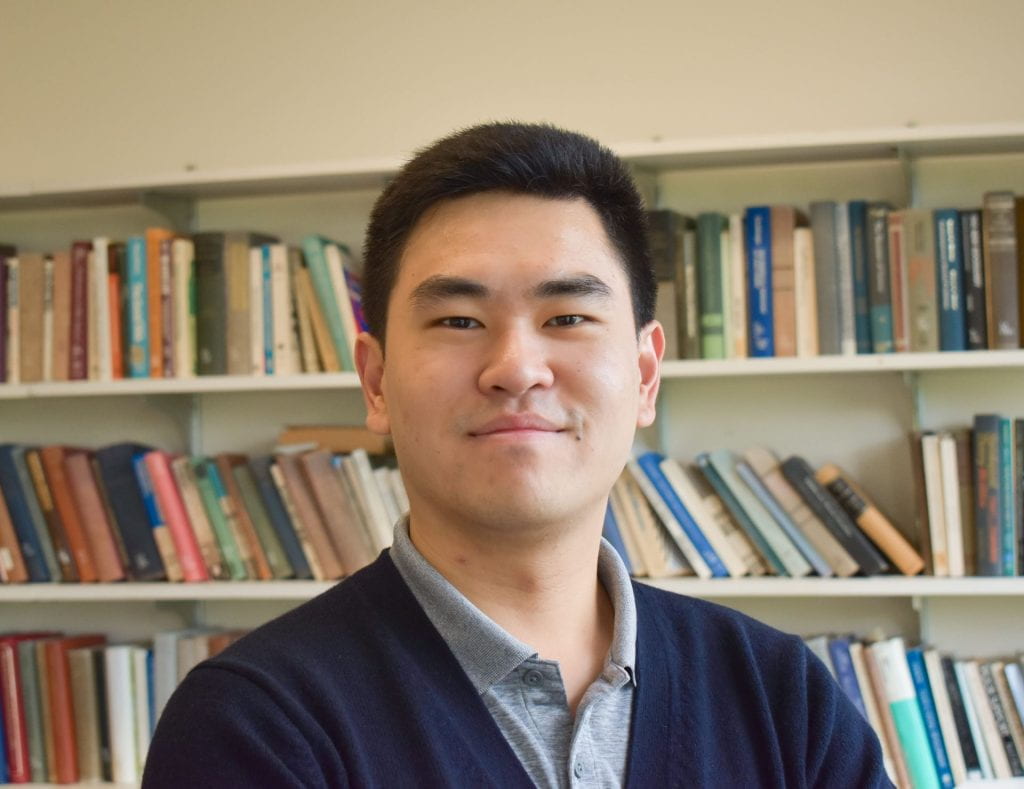
Michael Tang
Department of Sociology
Computational Social Science, Political Sociology
I investigate political dynamics and aim to understand broader contemporary political phenomena using a combination of online experiments, social media data, network analysis, and other computational methods.
mt629@cornell.edu

Nat Santos
Department of Sociology
Urban Sociology, Computational Social Science, Demography
My research investigates how the interplay between social interactions and the space in which they occur shapes social cohesion and fragmentation, and how communities mobilize resources in the face of social and environmental inequality. Using qualitative, quantitative, and computational methods, I examine these dynamics in American and Latin American cities, particularly Chicago and Rio. My interdisciplinary approach, informed by demography, social psychology, and economics, provides a nuanced perspective on the social challenges and opportunities faced by global urban populations.
nd289@cornell.edu
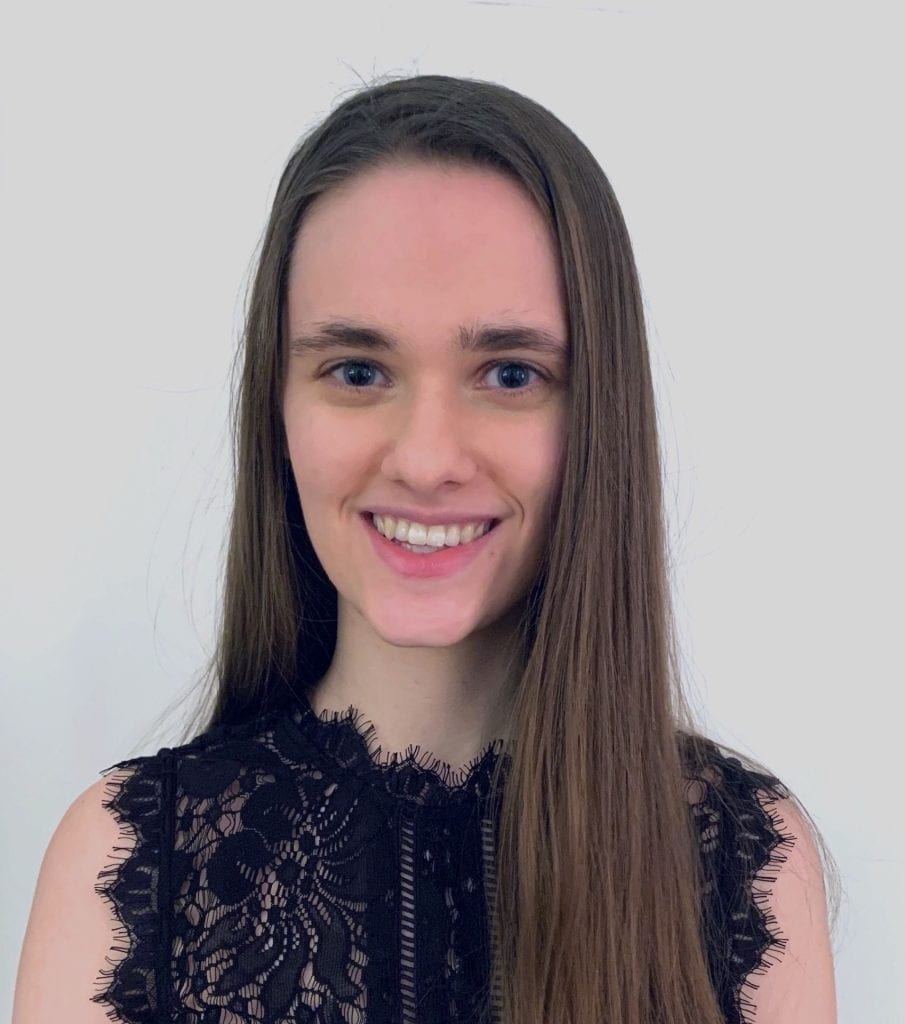
Sterling Williams-Ceci
Department of Information Science
Social/Psychological Aspects of Information
My research aims to understand how people form attitudes toward other people and issues when information is presented with degrees of uncertainty. Some research questions I have studied include how people evaluate the trustworthiness of Covid-19 information in search results depending on whether misinformation and warnings are shown, and how dissonance-arousing interventions change parents’ attitudes toward posting information about their children online. I enjoy designing randomized controlled experiments and trying new R packages.
scw222@cornell.edu | Website
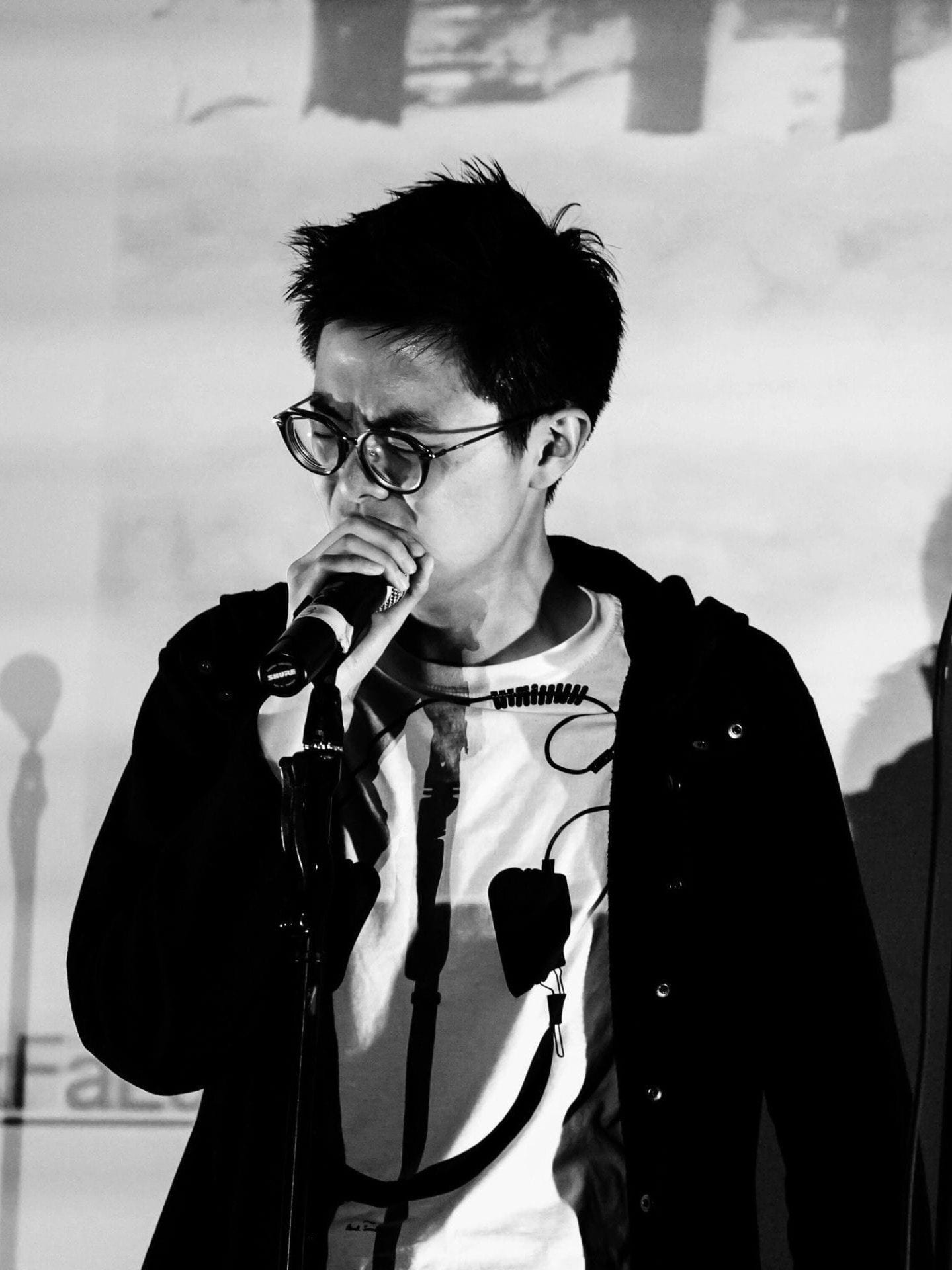
Shiyu Ji
Department of Sociology, with a Ph.D. minor in Computer Sciences
Natural Language Processing, Political Polarization, Public Opinion and Cascades
My main research aims to leverage state-of-the-art Natural Language Processing techniques (Large Language Models, Encoder transformer models) and probing methods to understand dynamics in polarization and opinions among the mass public. My other research projects, for example, include using randomized control experiments to explore the effect of different moral criticisms on public opinion towards a poem and using network metrics to analyze conversation dynamics between two online users. In addition to collaborators in Sociology, I collaborate with scholars from various disciplines, including Information Science, Literature, Computer Science, Operational Research, and Public Health.
sj787@cornell.edu | GitHub

Rohan Sampat
Department of Design Technology
Social Networks, Political Sociology
I investigate social phenomena that have both a social and a cognitive effect on a population’s dynamics. My research focuses on when a person may reorganize socially as opposed to cognitively, and how this affects a population’s stability through agent-based models, social media data and network analysis.
Previous Lab Members
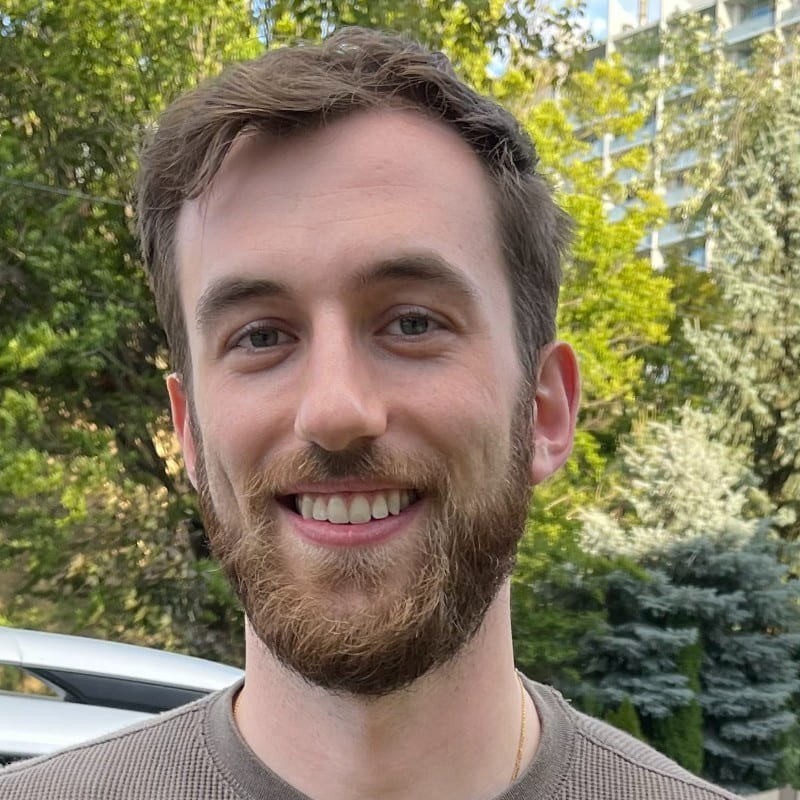
Ari Decter-Frain
Public Policy
Computational Social Science, Demography, Migration
Ari is a PhD candidate in Public Policy. His research leverages novel data and computational methods to improve demographic measurement and answer theoretical questions about politics and residential mobility. His dissertation leverages geospatial methods to quantify partisan geographic sorting in the United States. During his PhD, he interned as a machine learning researcher at Spotify and Graphika. He was also a Data Science for Social Good Fellow at the University of Washington in 2020 and visited the Max Planck Institute for Demographic Research in 2022. He is currently visiting the University of Toronto Department of Statistical Science under the supervision of Dr. Monica Alexander.
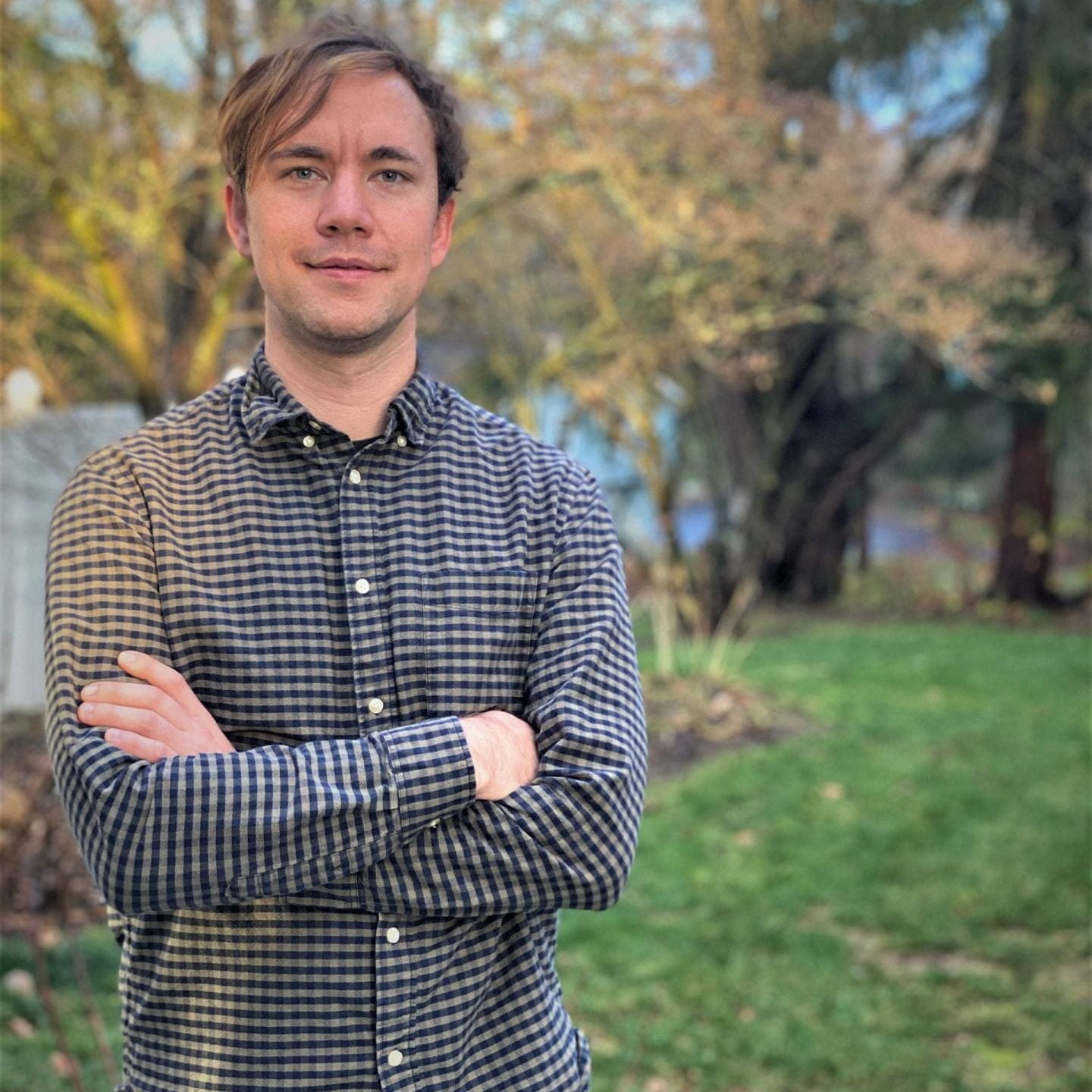
Benjamin Rosche
Department of Sociology
Quantitative methods, social networks, social inequality/stratification, family demography
In my research, I leverage and develop quantitative methods to explore social phenomena through conceptually precise and methodologically rigorous empirical research. My substantive research aims to advance our understanding of family and network dynamics as drivers of social inequality. My methodological research aims to enhance existing methods to understand complex dependencies among observations, such as multilevel, spatial, and network embeddedness.
fbr33@cornell.edu | benrosche.com